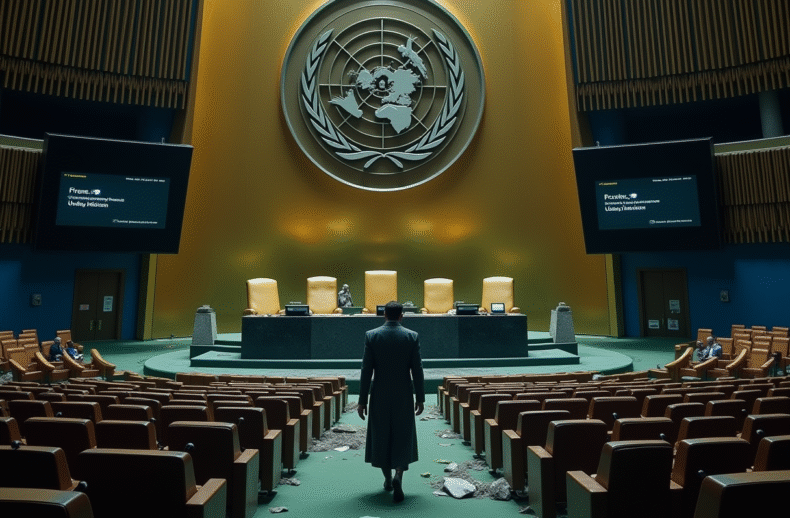As global hegemony fractures, the world faces not a peaceful transition but a chaotic collapse of legitimacy, meaning, and recognition. The old order—once held together by belief, military dominance, and economic dependence—is unraveling from within. New powers rise, not to unify, but to divide. In this vacuum, people no longer trust the system or each other. The deeper crisis is not geopolitical, but psychological: the implosion of the recognition loop that kept individuals aligned with hegemonic forms. This essay explores the mechanisms of hegemony, its mutation into digital control, and the possibility of post-hegemonic societies grounded in form rather than performance.



